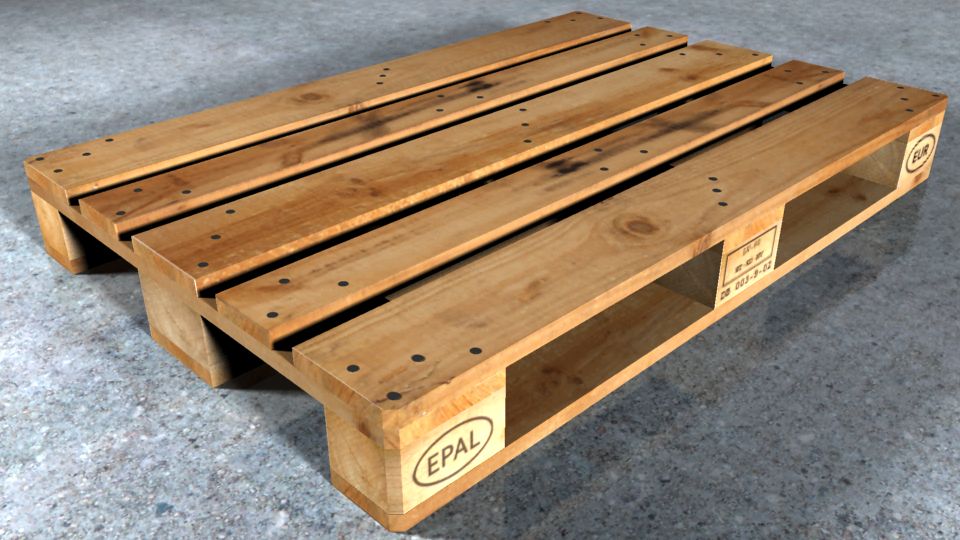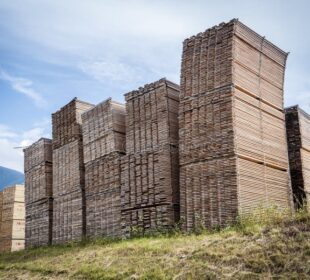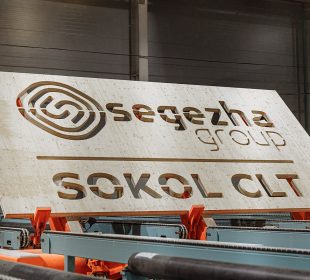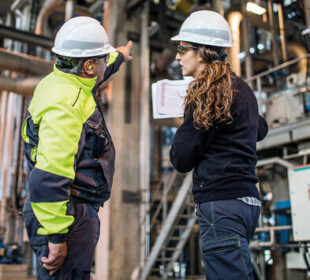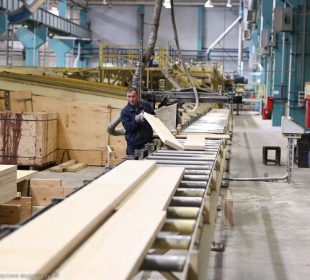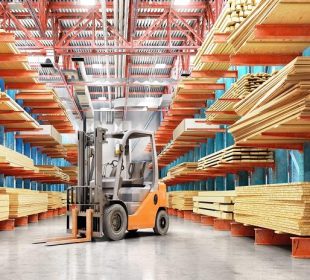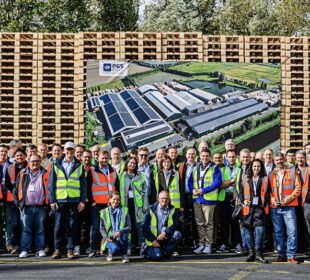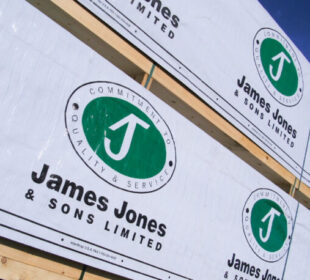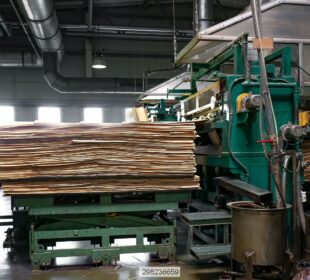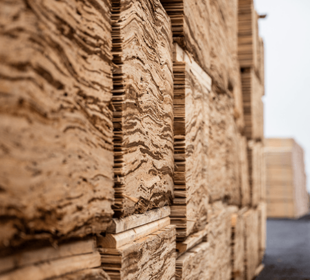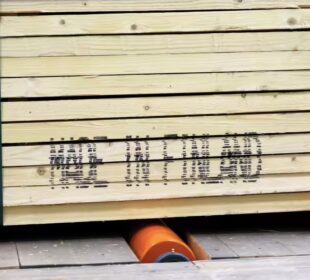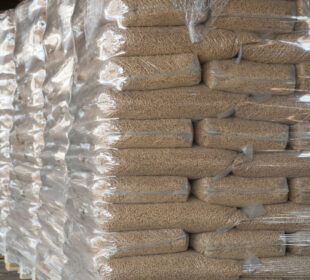The European Pallet Association e.V. (EPAL) has again recorded an increase in the production of EPAL pallets in 2020, after several years of growth. Despite the challenges of the Covid-19 pandemic and the hike in wood prices, production of EPAL pallets grew by 1.14% to 97.3 million pallets in 2020 (2019: 96.2m.).
Reported figures for repairs of EPAL pallets slightly decreased. Overall there was an increase in production and repairs of EPAL pallets of 0.5% to 123.5 million pallets (2019: 123m pallets).
“This positive development is particularly remarkable in view of the economic slump resulting from the Covid-19 pandemic”, remarks Robert Holliger, President of EPAL. “The adverse effects on national and international supply chains was an unprecedented challenge for producers and users of EPAL Euro pallets, which we successfully tackled together.”
EPAL load carriers: an indispensable link in retail and industry supply chains
The production and repair of EPAL pallets is classed as “essential” by many European countries, because pallet logistics and, in particular, the open EPAL Euro pallet exchange pool is vitally important for goods transport. To maintain the supply of foods and other consumer goods to consumers, and to ensure the retail and industry supply chains, EPAL licensees were always, and still are, able to make deliveries at all times during the lockdowns.
“For us, it’s a particular mark of confidence that many transports of Covid-19 vaccines are made on EPAL Euro pallets. EPAL Euro pallets meet the most stringent requirements for safety and reliability for load carriers, and especially in extremely cold temperatures, such as with the transport of vaccines”, comments Robert Holliger.

